HAD the South African National Roads Agency Limited (Sanral) not overpaid for the Gauteng Freeway Improvement Project (GFIP) by nearly R11bn, the e-tolling system "would never have happened".
This is according to the Organisation Undoing Tax Abuse (Outa), formerly known as the Opposition to Urban Tolling Alliance.
The lobby group said it had changed its name and scope to also tackle other taxes, such as the carbon tax and tyre recycling levy, as well as corruption and maladministration.
Outa on Monday released a report comparing the cost of the GFIP to 11 regional and international case studies. It found that, on average, Sanral overpaid by 321% per kilometre.
The report comes three years after the Competition Commission found that collusion had been a factor in some GFIP tenders. In 2013, Sanral said it intended pursuing culpable firms for damages and had sought an independent assessment.
Sanral on Monday could not comment on the claims in the report, saying it had not seen it. The agency said it would need to ensure the report was compiled by a credible institution and the facts were audited.
"We have commissioned our own process of quantifying the damages we suffered and would not place reliance on the Outa figures, because we do not know how they were arrived at," said Sanral spokesman Vusi Mona.
It emerged last month that the Hawks will resume their investigation into criminal charges arising from collusion by construction companies. The Hawks said in 2013 that they would probe criminal charges, but this was put on hold while the Competition Commission finalised its investigation.
Including toll infrastructure, the GFIP cost R24bn — up from a R6.3bn estimate at conception — to expand and upgrade less than 190km of roads.
Outa chairman Wayne Duvenage said if the fair price of R7bn had been paid for the GFIP, instead of the R17.9bn final cost (excluding toll infrastructure), repayment costs for loans taken to fund the project would have been less than R1bn at an interest rate of 10%.
This would have meant that servicing the total debt of the road upgrade would have cost less than the current e-toll collection costs, he said.
"We believe that had the freeway construction costs come in line with international and local operator costs, the e-toll decision would never have happened," said Mr Duvenage.


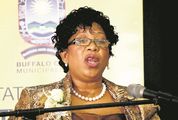
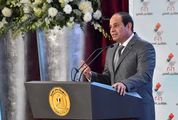
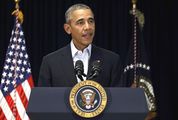



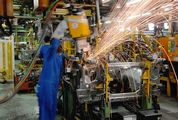
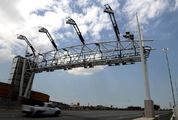






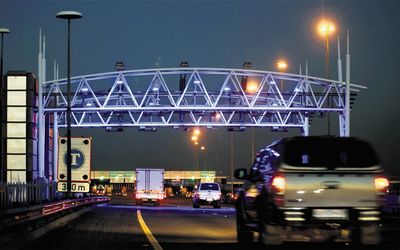





Change: -1.10%
Change: -1.15%
Change: -0.75%
Change: -0.98%
Change: -2.05%
Data supplied by Profile Data
Change: -0.22%
Change: 0.11%
Change: -1.10%
Change: 0.00%
Change: 0.05%
Data supplied by Profile Data
Change: -0.24%
Change: -0.15%
Change: -0.22%
Change: -0.37%
Change: -0.93%
Data supplied by Profile Data
Change: 0.39%
Change: 1.17%
Change: 0.13%
Change: -0.35%
Change: -2.22%
Data supplied by Profile Data